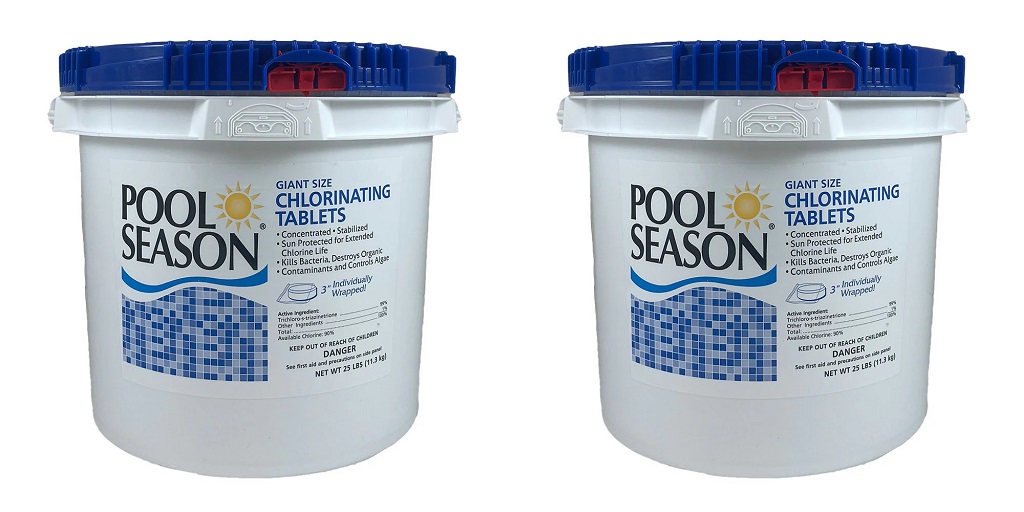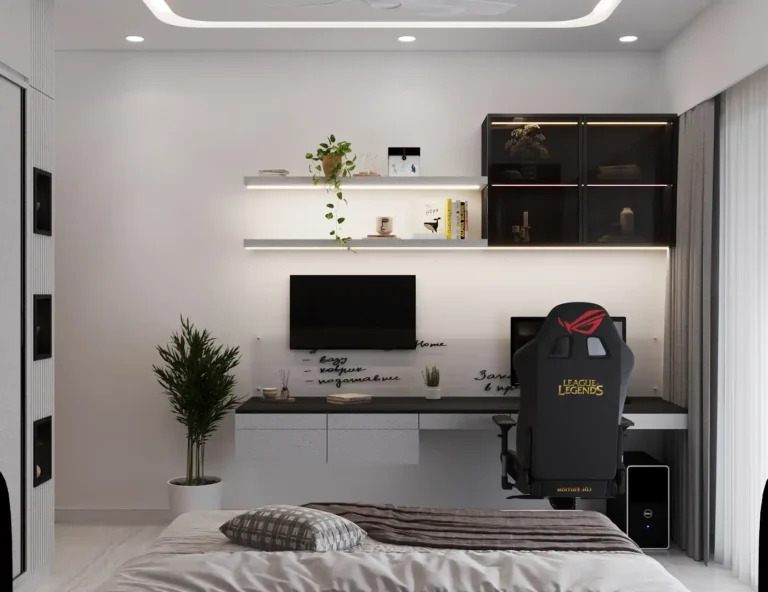The machine is a vital tool in many manufacturing processes, known for its ability to create precise, straight, or flat surfaces on a variety of materials. Whether you are a small workshop owner or operate in large-scale manufacturing, investing in the right shaper machine can enhance productivity and improve output quality. However, with the wide range of options available, choosing the right one can be a challenging task. This guide will walk you through the critical factors to consider when buying a machine, ensuring you make a smart investment.
What is a Shaper Machine?
A machine is a type of machine tool used for shaping or machining flat, horizontal, vertical, or inclined surfaces. It operates by using a single-point cutting tool that moves in a linear motion, cutting material in straight lines. These machines are highly versatile and can work on metal, wood, and other materials, making them indispensable in tool rooms, workshops, and production units.
Why Invest in a Shaper Machine?
A machine provides several benefits, including:
- Precision Cutting: Its ability to produce accurate straight-line cuts is unparalleled.
- Versatility: From small-scale operations to large industrial tasks, a shaper machine can handle various materials and designs.
- Cost-Effectiveness: Compared to other machines like milling machines, machines are generally more affordable.
- Durability: Built to last, they require minimal maintenance while delivering consistent results.
Factors to Consider When Buying a Shaper Machine
1. Purpose of Use
Before purchasing, identify your specific needs. Are you looking for a machine to perform basic operations, or do you need advanced features for intricate designs? The intended use will help determine the type and size of the machine that best fits your requirements.
2. Size of the Machine
machines come in various sizes, typically classified by the length of the stroke or ram. For smaller workshops, a compact machine may suffice, while large-scale operations might require a heavy-duty machine with a longer stroke.
3. Type of Shaper Machine
There are different types of Shaper Machine, each designed for specific tasks:
- Horizontal Machine: Ideal for shaping horizontal surfaces.
- Vertical Machine: Used for cutting vertical or angular surfaces.
- Universal Machine: Offers versatility by handling both horizontal and vertical surfaces.
- Geared Machine: Designed for high-speed operations.
4. Material and Build Quality
The material and build quality of the machine are crucial for its performance and longevity. Look for machines made from high-quality cast iron or steel, which provide stability and reduce vibrations during operations.
5. Motor Power and Speed Control
The motor’s power determines the machine’s cutting efficiency, while speed control options provide flexibility for working on different materials. Ensure the motor is powerful enough for your workload and offers variable speed settings.
6. Cutting Capacity
Check the cutting capacity of the machine, including stroke length, table size, and the range of motion. These factors will determine the size of the workpieces you can handle.
7. Ease of Operation
Opt for a machine that is user-friendly, especially if your team includes operators with varying skill levels. Machines with straightforward controls and clear instructions are ideal.
8. Safety Features
Safety should be a top priority. Look for machines equipped with safety guards, emergency stop buttons, and features that reduce the risk of accidents.
9. Brand Reputation and Reviews
Investing in a machine from a reputable brand ensures quality and reliability. Research reviews, ratings, and customer testimonials to gauge the machine’s performance and after-sales support.
10. Budget Considerations
Set a budget and stick to it. While it’s tempting to go for the cheapest option, prioritize value for money. A slightly higher initial investment in a reliable machine can save you from costly repairs or replacements later.
Where to Buy a Shaper Machine?
You can purchase machines from:
- Local Dealers: Ideal for immediate inspections and after-sales support.
- Online Platforms: Websites like Alibaba, Indiamart, and Amazon offer a wide range of options.
- Manufacturer Direct Sales: Buying directly from manufacturers can sometimes result in better deals and customization options.
Maintenance Tips for Your Shaper Machine
Proper maintenance ensures the longevity and performance of your machine. Follow these tips:
- Regular Cleaning: Remove chips and debris after every use to prevent wear and tear.
- Lubrication: Keep all moving parts well-lubricated to reduce friction and overheating.
- Inspection: Periodically check for loose bolts, worn-out parts, and alignment issues.
- Sharpening the Tool: Ensure the cutting tool is sharp for precise results.
- Storage: Store the machine in a dry, dust-free environment to avoid rust and damage.
Final Thoughts
Investing in the right machine is crucial for enhancing your workshop’s efficiency and output quality. By considering factors like purpose, size, type, and safety features, you can make an informed decision that aligns with your needs and budget. Additionally, regular maintenance will ensure your machine remains a reliable tool in your production line for years to come.
Whether you’re a beginner or a seasoned professional, a well-chosen shaper machine is a valuable addition to your manufacturing arsenal.




